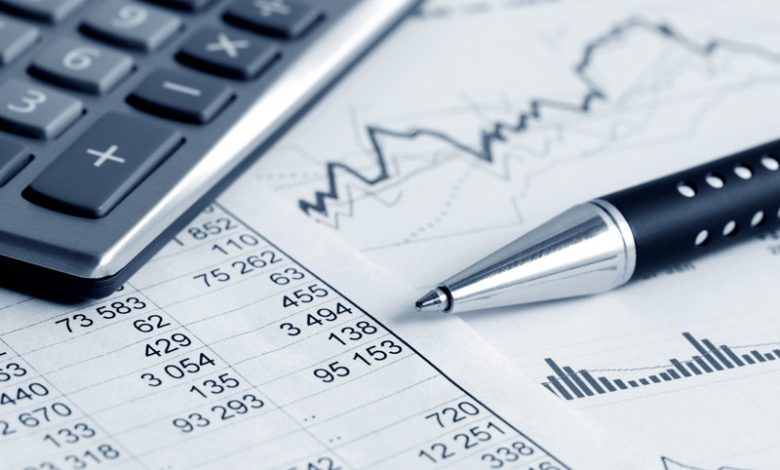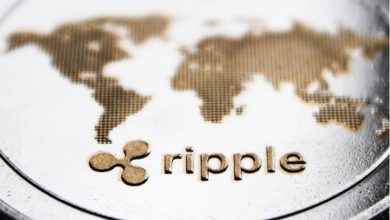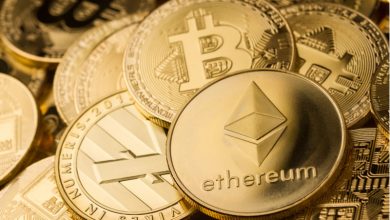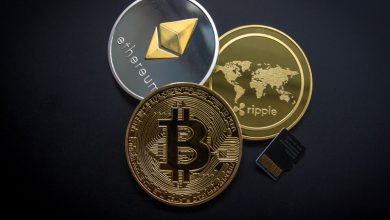
Trump’s Bitcoin Stockpile Plan Sparks Controversy, Reports Reuters
Trump’s Crypto Appeal: Plans for a National Bitcoin Reserve
In late July, at a crypto convention in Nashville, Tennessee, Donald Trump addressed a lively crowd, telling them, "Never sell your bitcoin." As a Republican presidential candidate, Trump’s speech aimed to attract crypto enthusiasts ahead of the upcoming election, proposing several campaign initiatives including a national bitcoin reserve.
"If elected, it will be the policy of my administration to maintain 100% of all the bitcoin the U.S. government currently possesses or will acquire in the future," Trump announced. He emphasized that this bitcoin would form the "core of the strategic national bitcoin stockpile."
Trump is not alone in his ambitions; U.S. Senator Cynthia Lummis has put forth legislation that would mandate the government to purchase one million bitcoins, representing approximately 5% of the total supply. Additionally, independent candidate Robert F. Kennedy Jr. has proposed a government stockpile of four million bitcoins.
The potential for a strategic reserve raises questions about its purpose, feasibility, and acceptance within the broader crypto community. The U.S. government currently holds an impressive stash of cryptocurrency valued at around $11.1 billion, which includes 203,239 bitcoin tokens. This haul primarily comes from criminal seizures, including assets confiscated from the infamous Silk Road marketplace, which was shut down in 2013.
As it stands, the U.S. possesses about 1% of the global bitcoin supply, which is around 19.7 million tokens, while the total supply is capped at 21 million. For context, notable non-state investors such as Microstrategy hold approximately 226,500 bitcoin tokens, while various investment trusts have significant holdings as well.
A government-controlled bitcoin reserve could bolster bitcoin’s market price. Mark Connors, head of global macro at Onramp Bitcoin, stated, "It would have a positive impact on price because we have never had such a limited supply commodity, albeit digital, be designated as a reserve asset."
However, such a reserve could also constrain the available tokens for investors and potentially create volatility if the government decided to liquidate part of its holdings. Connors noted that the idea of the government holding nearly 19% of bitcoin, akin to a gold standard, might not sit well with many in the crypto community.
Other governments, like China, have also accumulated substantial bitcoin reserves, with reports indicating they hold 190,000 coins.
The concept of a national bitcoin reserve is still speculative, leaving industry experts to ponder its potential structure. Connors suggested that the Federal Reserve could oversee the reserves for the Treasury, similar to its role with gold. Conversely, Frank Kelly, a senior political strategist at an asset management firm, indicated that the reserve might function similarly to the Strategic Petroleum Reserve, where both the president and Congress would exercise varying degrees of control.
This prospect raises an interesting contradiction for many true bitcoin advocates: the very essence of bitcoin being decentralized and independent from government influence could be compromised if it becomes part of a state reserve.
Regardless of what may unfold surrounding a bitcoin stockpile, many market participants are encouraged to see digital assets gaining traction as a key topic in political discourse. Rahul Mewawalla, CEO of Mawson Infrastructure Group, remarked, "There’s a general view in the industry that both parties are paying significantly more attention to digital assets," expressing optimism that this focus will persist beyond the November elections.
 GOOGL
GOOGL  META
META 


